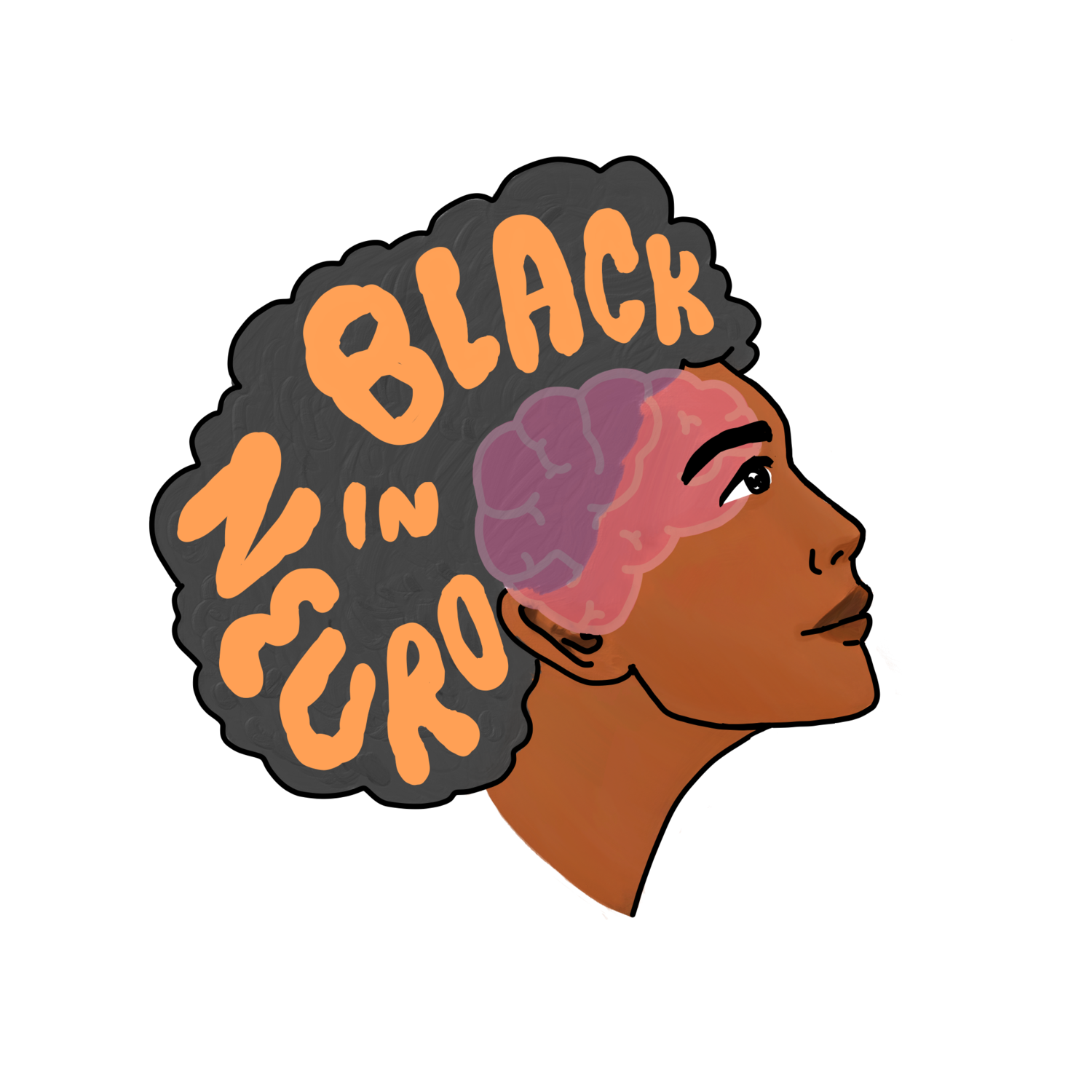Letter to My Younger Self
Obstacles in academia are not always direct and intentional; most of the barriers we face are a byproduct of an imperfect system. I would tell my younger self that to thrive in this system and change it, we must continue to advocate for our spot at the table. I would explain to him that at each major crossroad in our academic career thus far, he has had a choice to either let others choose his path or to choose it for himself.
As my younger self will learn and as many academics know, getting a principal investigator to answer a cold email is nearly impossible, especially as a high schooler. At the time, my CV consisted of a singular AP course, average grades (B+ average), and an overzealous reference letter from my biology teacher. I sent out inquiry emails to nearly twenty different labs throughout the area and received zero replies, unlike my classmates who received offers to join summer labs. My teachers said, “Maybe next year…” and “PIs are always hesitant to take high schoolers”, and, like many of us, I was tempted to take the radio silence as a sign to end my scientific story before it even started. Instead, I chose a select few labs of interest and continued to email them. I advocated for myself, expressing my desire to understand research, learn more about their work, and even just the opportunity to clean glassware in the lab. Finally, a week into the summer, I received an offer, and my first research experience. This opportunity turned into three years in a renowned research lab, insight into what type of researcher I wanted to be, and a translatable skillset for future research work.
It was not until college that I realized how heavily academia relied on grant money. I had just started proposing an independent summer project that would require human behavioral testing when my advisor suggested I apply for a summer research grant through my university. Excited, I spent the next month drafting and editing a grant that I submitted shortly after. Weeks went by, with no answer. Summer (again) was closing in, and my advisor warned me to start considering other research opportunities. Curious as to why my application was seemingly rejected, I went to my university’s Office for Research Engagement and discovered that this university-wide grant application was being managed by only two people, and that my application had simply gotten lost in the mix. The next day, I received an acceptance letter. Recognizing that there are people behind these large applications trying to do their jobs as best as they can allowed me to complete an honors-level project, present my work at an international conference, and submit the manuscript for publication.
When applying to graduate school, younger me had very grandiose ideas, and, thankfully, I still do now. I wanted to broach multidisciplinary questions with field-altering implications but the feedback I received from my graduate and fellowship applications were “these ideas are great, but his background is insufficient” or “a narrower focus allows for research to progress and be impactful”. It stung to read these comments: In some ways I agreed, but to make my own path in academia, I needed to ask the questions that motivated me. I held fast to my ideas, finding ways in which my aspirations worked cohesively with potential graduate advisors. I advocated for my ideas, emphasizing the benefits of collaborations across disciplines, and outlining the various questions a potential project would lead us towards throughout my career. I was direct in my conversations, the ideas I proposed were the ideas I would pursue in graduate school. When I finally chose a program, I had two advisors who saw my potential as a researcher and allowed me to ask the questions that shortly after received university-level and nation-wide fellowships.
Every event I have mentioned makes it appear that we will succeed our entire lives, but I want to make it clear: Jonathan, you will fail, you will make plenty of mistakes, and you will never know everything, but nevertheless, you and your ideas belong. Whether obstacles come in the form of occupied researchers, administrative errors, or institutionalized notions of academic rigor, you must always advocate for yourself and leave nothing up to chance.


